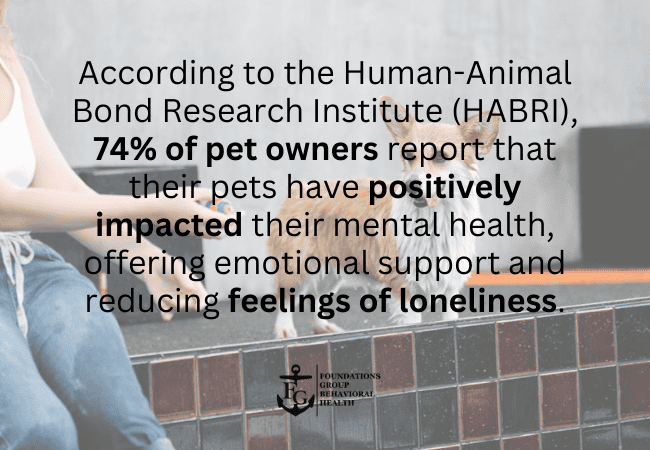Depression is a pervasive mental health condition that affects millions worldwide, often leaving individuals feeling isolated and disconnected. While therapy and medication are essential components of treatment, growing evidence reveals the therapeutic benefits of pets in managing depression. From providing unconditional companionship to encouraging physical activity, pets offer numerous ways to enhance their owners’ emotional and mental well-being.
Introduction: Animals and Mental Health
Depression is a complex mental health condition that affects millions of people worldwide. While therapy and medication are often the go-to solutions for managing depressive symptoms, many individuals find that something unexpected and non-traditional can be just as healing: the companionship of animals. Animal-assisted therapy is becoming a prominent addition to traditional mental health treatments, helping individuals manage their emotions, cope with stress, and foster a sense of connection.
In this blog, we’ll dive deeper into how animals help mend depression and explore the therapeutic value they bring in supporting individuals throughout their journey toward emotional well-being. We’ll also discuss how animals can enhance Psychiatric Day Treatment, Half Day Treatment Programs, and Outpatient Mental Health Programs.
The Therapeutic Role of Animals in Depression Treatment
One of the most powerful ways animals help individuals with depression is by offering a constant source of comfort and emotional connection. For many people with depression, feelings of isolation and disconnection from the world can feel overwhelming. This emotional void can make it difficult to engage in everyday activities, including participating in therapy or treatment programs. Animals, especially pets, offer a steady presence that can mitigate these feelings of loneliness, providing a comforting alternative that requires no verbal interaction. Their unconditional love and loyalty can offer a safe space for individuals to express themselves, even when words fail.
How Animals Reduce Symptoms of Depression
Animals are inherently attuned to human emotions. Dogs, for instance, have been shown to pick up on their owner’s emotional states and adjust their behavior accordingly. This emotional attunement can help people with depression feel understood and accepted, without fear of judgment. Interacting with an animal can release a variety of “feel-good” chemicals in the brain, including oxytocin, serotonin, and dopamine, which are known to lower stress levels and improve mood.
When patients engage in Animal-Assisted Therapy, they often experience an immediate sense of relaxation and relief. The calming presence of an animal can help reduce anxiety, lower blood pressure, and elevate mood. This physical and emotional shift can open the door for individuals to engage more fully in their mental health treatment, including traditional therapies, such as cognitive behavioral therapy (CBT) and dialectical behavior therapy (DBT), which are often used to treat depression.
The Science Behind Animal-Assisted Therapy
Animal-assisted therapy has been scientifically proven to have positive effects on mental health. When interacting with animals, the body releases several neurochemicals, including oxytocin, which is known as the “love hormone” due to its ability to foster emotional bonding and promote a sense of calm. Serotonin and dopamine are also triggered, both of which are associated with mood regulation and happiness. Studies show that spending time with animals can lower blood pressure, reduce anxiety, and increase overall emotional well-being, making them a powerful adjunct to traditional treatments for depression.
1. The Role of Dogs in Treating Depression
Dogs, often considered “man’s best friend,” provide numerous therapeutic benefits for people with depression. Their unconditional love, loyalty, and companionship are deeply comforting for individuals struggling with emotional pain. The responsibility of taking care of a dog, including daily walks or playtime, encourages physical activity, which is essential for boosting mood and energy levels. Additionally, the presence of a dog can help reduce loneliness and provide a sense of purpose, which are common challenges for those with depression.
2. Cats as Emotional Support Companions
Cats are another popular pet choice for emotional support, particularly for those dealing with depression. Their soothing purring and calm demeanor can help reduce stress and anxiety. For many people, the simple act of petting a cat has a calming effect, lowering heart rate and creating a sense of relaxation. Unlike dogs, cats are often more independent, which makes them ideal for individuals who may feel overwhelmed by the demands of a more active pet. Their ability to provide comfort while not being overly intrusive allows for a more manageable and therapeutic relationship.
3. Other Animals That Can Aid in Depression Treatment
While dogs and cats are the most common pets used in animal-assisted therapy, other animals can also provide emotional support and therapeutic benefits. Rabbits, guinea pigs, and birds can offer companionship and encourage interaction, while horses have been increasingly recognized for their ability to assist with mental health issues. Equine-assisted therapy, where individuals interact with horses, has been shown to improve emotional regulation and increase self-esteem. The presence of these animals can reduce stress, promote mindfulness, and provide a sense of peace for individuals struggling with depression.

The Emotional Bond: Why Pets Are So Healing
One of the most powerful aspects of animal-assisted therapy is the deep emotional bond that forms between humans and animals. Pets provide a consistent source of love and affection without judgment, which can be especially healing for individuals dealing with depression. This unconditional support creates a safe environment where individuals can feel secure and accepted. The emotional connection with a pet often fosters a sense of responsibility and routine, both of which are essential in managing depression. Pets encourage people to engage in social interactions, improve their overall mood, and develop coping strategies for managing stress and anxiety.
The Healing Power of Routine and Responsibility
For many individuals experiencing depression, a lack of motivation and energy can make it difficult to maintain routines. Animals, however, require care, attention, and structure. They need feeding, walking, and companionship, which can encourage individuals to get out of bed and face the day. The responsibility of caring for a pet can help individuals regain a sense of purpose, which is essential for anyone recovering from depression.
For individuals in Depressive Disorder Treatment Programs, having an animal to care for can also promote feelings of accomplishment. This can foster a sense of control over one’s life, especially when someone feels overwhelmed by their emotional struggles. Additionally, animals provide a consistent routine that encourages structure, an important factor for individuals trying to manage the emotional rollercoaster of depression.
How Animal-Assisted Therapy Complements Traditional Treatment
While animals can offer emotional support, their role in mental health care is not as a replacement for therapy or medication. Rather, they are a complementary addition to Psychiatric Day Treatment or Half Day Treatment Programs. Animal-assisted therapy has been integrated into many behavioral health centers, offering a unique approach to mental health recovery.
In these programs, licensed therapists work with trained therapy animals to help individuals engage with their emotions in a safe and healing environment. For example, a person in treatment for Co-Occurring Disorders (mental health and substance use) or Personality Disorder Treatment Programs may have difficulty trusting others or opening up during traditional therapy sessions. Animals help build trust, lower emotional defenses, and make it easier for patients to engage with their treatment plan.
Animals can also serve as emotional anchors during intense therapy sessions. For individuals working through Trauma Disorder Treatment Programs, the presence of an animal can provide a soothing influence that helps patients stay grounded when addressing painful memories or emotions. By offering comfort during these emotionally charged moments, animals can reduce feelings of distress and allow the individual to process difficult experiences with less anxiety.
Reducing Anxiety and Fostering Emotional Regulation
Anxiety often accompanies depression, making it even more difficult for individuals to manage their emotions. For those in Anxiety Treatment Programs, animals provide an immediate calming effect. The rhythmic sound of a pet’s breathing, their warm presence, and their gentle touch can reduce symptoms of anxiety and create a sense of safety. The act of petting an animal has been shown to increase the production of oxytocin, which is directly associated with emotional bonding and stress reduction.
In treatment programs, this calming effect can extend to emotional regulation. Many people with depression struggle with overwhelming emotions and find it difficult to manage their reactions. Animals can help patients stay calm and centered, promoting emotional balance even during stressful moments. This helps individuals better cope with difficult emotions, manage their reactions, and engage in therapy more fully.
Trust and Connection in Treatment
One of the most important aspects of recovery is building trust—especially for those who have experienced trauma, abuse, or neglect. Animals are incredibly skilled at fostering trust. Unlike humans, animals do not judge or place expectations on the individuals they interact with. For patients undergoing Trauma Disorder Treatment Programs, animals offer a safe, non-threatening space that encourages emotional vulnerability.
As individuals bond with animals, they often find that their ability to trust others in their lives improves. This can be an invaluable asset for patients learning to rebuild relationships or trust in their treatment providers. Animals teach unconditional acceptance, which can promote a sense of self-worth and confidence during the recovery process.
Conclusion
The presence of animals in mental health treatment offers a unique and powerful form of support for individuals struggling with depression and other mental health conditions. Whether through the calming presence of a pet or engaging in Animal-Assisted Therapy, animals can provide comfort, build trust, and help individuals develop emotional regulation skills. For patients in Outpatient Mental Health Programs, Psychiatric Day Treatment, or those participating in Co-Occurring Disorder Treatment Programs, the presence of an animal can complement traditional therapeutic methods and promote a deeper sense of healing.
At Behavioral Health Treatment Center Massachusetts, we are committed to providing comprehensive care that includes traditional therapies, as well as innovative approaches like animal-assisted therapy, to support individuals in their recovery journey. If you or a loved one is struggling with depression or anxiety, we offer a variety of mental health treatment programs designed to help you heal. Contact us today to learn more about how we can support you or someone you care about in finding hope and healing through comprehensive mental health care. Contact us at 508.388.5324. We’re here to answer your questions and help you begin your journey to wellness.
FAQ on How Animals Can Help Mend Depression
Can pets really help with depression?
Yes, pets can significantly help with depression. Their companionship provides emotional support, which can reduce feelings of loneliness and isolation. Interacting with pets can also release “feel-good” hormones, such as oxytocin, serotonin, and dopamine, which help improve mood and reduce stress.
How do animals help reduce symptoms of depression?
Animals help reduce symptoms of depression by providing unconditional love and support, offering a sense of purpose, and encouraging routine. The act of caring for a pet can help individuals regain a sense of control and accomplishment, while also reducing anxiety and stress.
What are the benefits of animal-assisted therapy for depression?
Animal-assisted therapy can provide immediate emotional relief, promote trust and emotional regulation, and create a safe space for individuals to process difficult emotions. This therapy is particularly beneficial for those struggling with depression, as it complements traditional treatments by enhancing emotional well-being.
What types of pets are best for helping with depression?
Dogs and cats are the most common pets used in therapeutic settings, but other animals like rabbits, birds, and even horses can also offer emotional support. The key is to find an animal whose presence helps you feel relaxed and comforted.
Are there any specific treatment programs that incorporate animals?
Yes, some Mental Health Treatment Programs may include animal-assisted therapy as part of the treatment plan. This type of therapy can complement other forms of mental health care to promote emotional healing and improve overall well-being.








